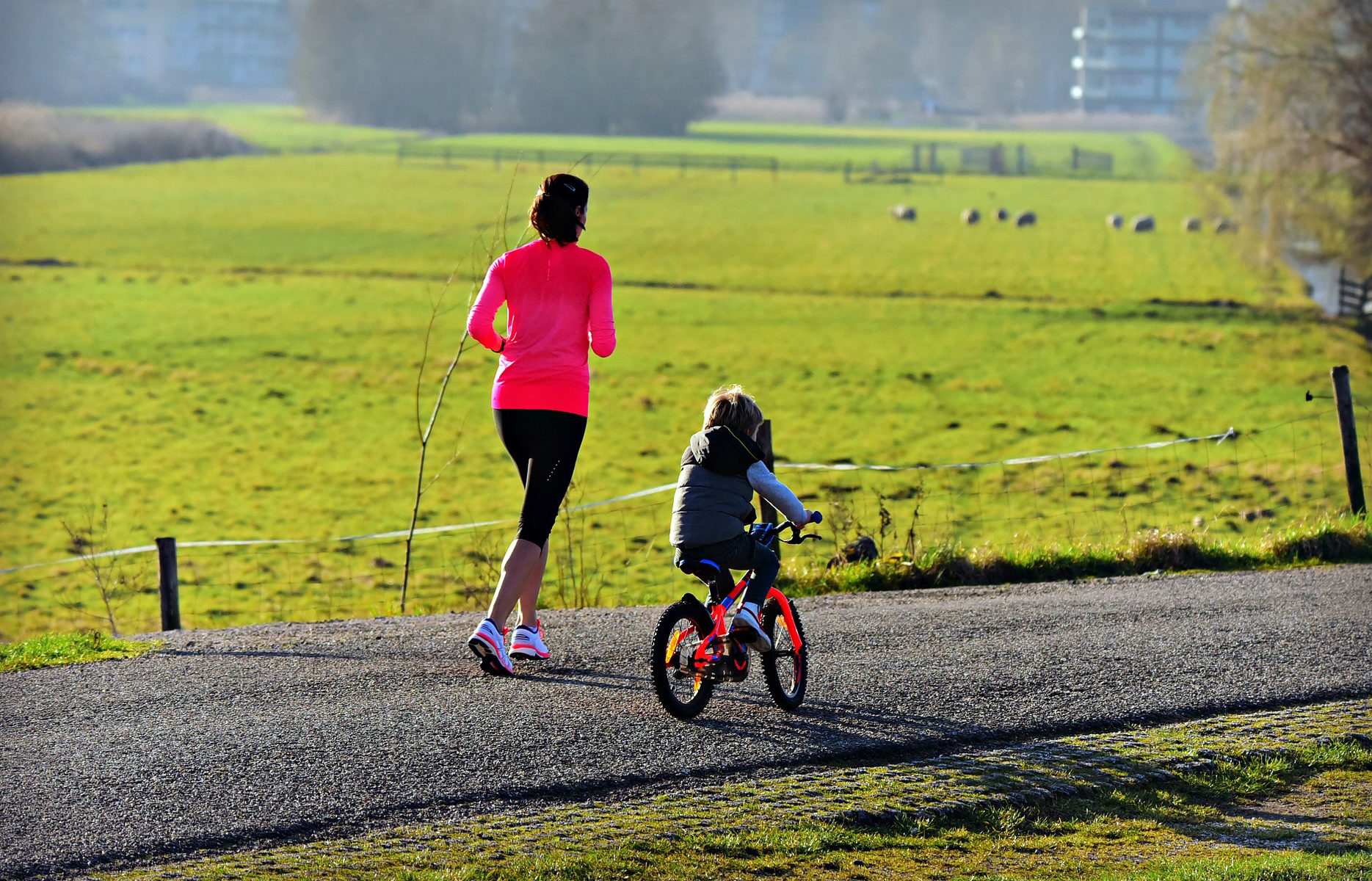
UT Extension Encourages Parents and Caregivers to Develop Family Cultures
KNOXVILLE, Tenn. – It’s recommended that children and teens who are 6-17 years old have at least one hour or 60 minutes of physical activity each day, including moderate to vigorous aerobic activity. It’s also recommended that children and teens participate in muscle- and bone-strengthening activities at least three days a week. But, too many children and teens are spending less and less time being active. As a solution, an expert with University of Tennessee Extension suggests parents and caregivers adapt their overall family culture to be healthier and more active.
“Culture is made up of beliefs, traditions, and behaviors,” says Soghra Jarvandi, UT Extension assistant professor in community health. “If parents and caregivers create a family culture that believes it’s important to be healthy, values physical activity, and creates regular times of movement and activity, children and teens in those families are much more likely to have a healthy lifestyle, even as adults,” says the expert.
Jarvandi recognizes that families often face barriers to becoming more active, like struggling with the costs of wellness activities or lacking the time it takes to be active. But she suggests looking at the long term benefits of being active. “The cost of wellness activities is nowhere near the costs associated with treating long term health problems,” says Jarvandi. Prescription medications, appointments with primary care providers and specialists, and even hospital stays are costly effects of poor overall health. Living an active lifestyle is an important way to lessen health risks for ailments like diabetes, high blood pressure, cardiovascular disease and others. “And there are so many kinds of exercise and physical activities that families can do together,” continues Jarvandi. “The old adage of ‘two birds, one stone’ can definitely apply to having physically active families. If you have the attitude that you’re spending time together as a family and working toward overall health, then it may be easier to make time for these activities in daily life.”
A few ideas to help families build a culture of health and wellness are below.
– Explore local parks and enjoy the activities they offer. It might be biking, hiking, playing basketball, or swimming, but parks are a great outlet for families to enjoy being active together.
– Try to limit family screen time, like watching movies or playing games together, until after dark.
– Create new family habits that brings activity into every day. This could be going for a walk every night after dinner, planning a weekly family game night for playing volleyball, Frisbee, or soccer, or doing yoga at home together.
– Add physical activity to daily life. Park further away from the door and make an extra loop around the store while grocery shopping. If possible, walk children to school in the mornings.
– Include plans for physical activity in vacations and long car trips. Pack beach balls, jump ropes, or other items to help stay active.
For additional help and programs specifically about healthy choices, contact the family and consumer sciences agent at your local county Extension office. You can also visit the UT Extension Family and Consumer Sciences website at fcs.tennessee.edu.
Through its mission of research, teaching and extension, the University of Tennessee Institute of Agriculture touches lives and provides Real. Life. Solutions. utia.tennessee.edu.